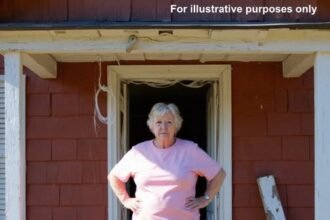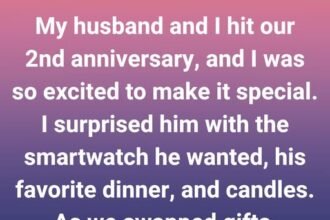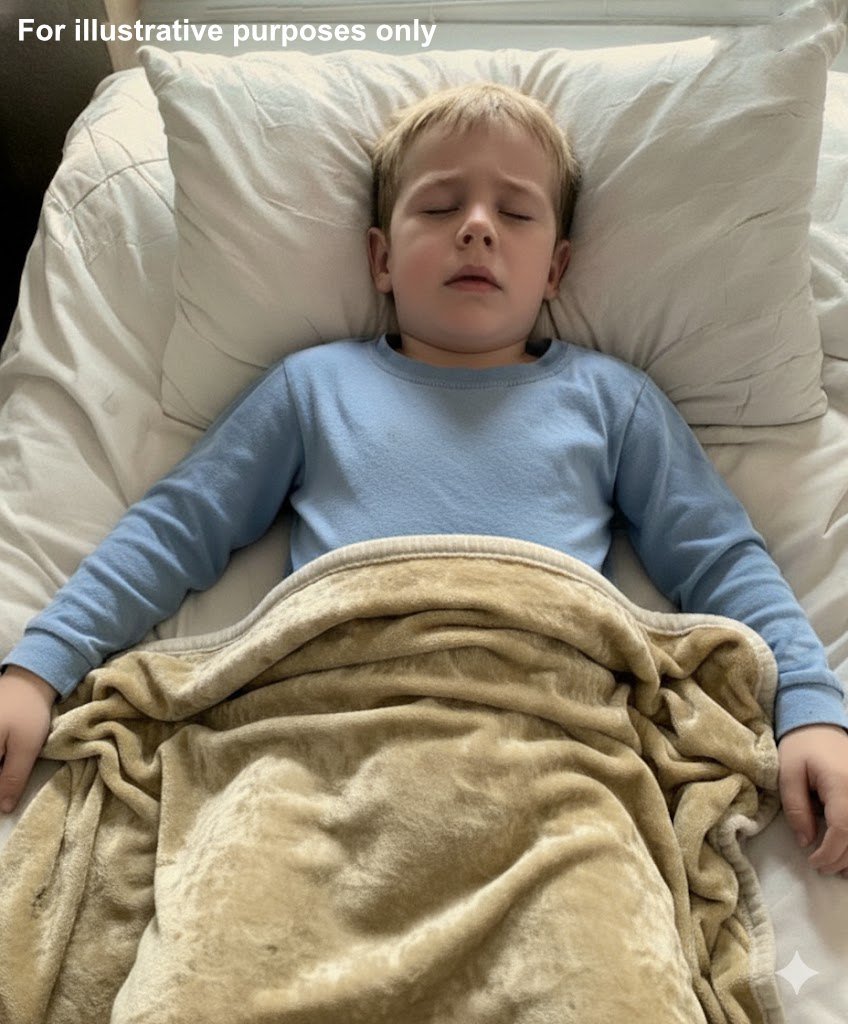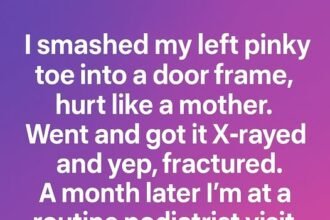I trusted my daughters to keep an eye on their sick little brother for just two hours while I handled a work crisis. When he texted me begging to come home, I knew something was seriously wrong. What I saw when I rushed back made me question everything I thought I knew about my daughters.
I never thought I would have to choose between my children. Let me start over. I am a 45-year-old mother of three.
My daughters Kat and Jo are both in their 20s now. They just graduated from college with degrees they cannot seem to use. They came back home five months ago after their apartment lease ended and the job market beat them down.
Then there is Arlo, my seven-year-old son. He became the light of my life in ways I never imagined until he was born. The girls are from my first marriage.
Their father and I divorced 12 years ago, and honestly, it was ugly. He painted me as the villain in their minds, and for years, they believed him. They decided to live with him after the split.
I saw them on weekends and holidays, always feeling like a stranger in my own daughters’ lives. Four years after the divorce, I met Atticus. He was kind and patient and everything I needed after years of feeling inadequate.
We got married, and a year later, Arlo was born. Atticus loved that boy with every part of him. But my daughters?
They never gave Atticus a chance. Their father made sure of that. He filled their heads with lies about why our marriage ended, who Atticus was, and what kind of “selfish” mother I had become.
The girls were polite when they visited, but cold and distant. They tolerated Atticus because they had to, not because they wanted to. When they went off to college, their father paid their rent.
It was the one thing he did consistently. But last year, he married his coworker. His new wife disliked my daughters right away.
The fights started almost immediately, and he stopped paying their rent within months. That is when they called me. “Mom, we need help,” Kat had said over the phone, her voice small in a way I had not heard since she was little.
“Dad cut us off. We cannot afford the apartment anymore, and we do not have jobs yet. Can we stay with you?
Just until we get on our feet?”
What was I supposed to say? They were my daughters. So I said yes, despite my own pain over Atticus’s worsening health.
When he lost his battle with cancer, the grief was deep and brutal. It hollowed me out in ways I am still trying to understand. The house we live in was his.
Everything in it carries his memory. Arlo asks about his dad every single day, and I have to swallow my own sorrow to help him through his. The girls arrived during this nightmare.
They were respectful at Atticus’s funeral. They hugged me and said comforting words. But I could see the calm in their eyes.
They were relieved Atticus was gone. I told myself I was imagining it. That grief makes you see things that are not there.
But deep down, I knew I was mistaken. “Mom, where do you want these boxes?” Jo had asked the day they moved in, standing in the hallway with two suitcases and a weary expression. “Just take the two rooms upstairs on the left,” I said.
The story doesn’t end here — it continues on the next page.
Tap READ MORE to discover the rest 🔎👇





